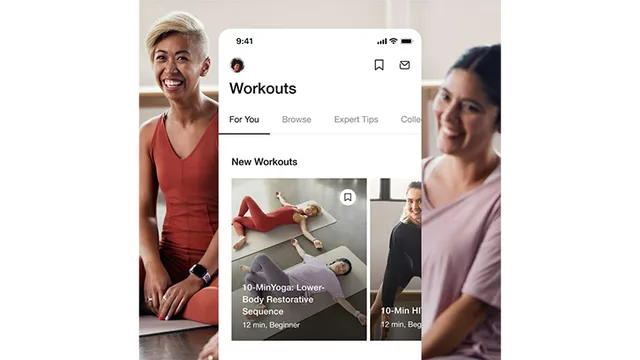Grinchy data collectors are on the hunt for unprotected information.
With less than a week to go before Christmas, ’tis the season for lots and lots of last-minute holiday shopping.
Like a lot of procrastinators, you’re now probably spending endless hours on your phone or laptop desperately trying to check everyone off your list before the big day. But experts warn that you could be putting your digital privacy at risk unless you take important precautions.
That also goes for when you’re setting up all of that tech that Santa left under the tree. Your new connected toys may be sending a steady flow of your data to companies and others you wouldn’t expect,
Earlier this holiday season, the Mozilla Foundation released its longest-ever Naughty List, an annual buyer’s guide that looks at the data privacy practices of popular connected holiday gifts. This year’s list singled out numerous products for no-nos like the use of trackers, weak or incomplete privacy policies, and the collection, retention and sharing of audio and video recordings by devices like smart speakers and home security cameras.
While many people do have a desire to keep their private data from the likes of data miners and advertising companies, the perception is that doing that is just too hard, says Chester Wisniewski, director and global field chief technology officer for the cybersecurity company Sophos.
But just a little bit of effort can go a long way and is becoming increasingly important, he says.
“What little bit of our privacy we have left, we should try to protect.” Wisniewski said.
Need some help getting started? We covered the best ways to secure your data while shopping online in a separate story, but here are some tips from Wisniewski, Mozilla and others for also keeping it private this holiday season.
Privacy tips for last-minute shopping
Lock down your browser. Ads not only collect buckets of information from you, they’re also a major source of malicious links and scams, Wisniewski says. Use an ad blocker to shut them down. Meanwhile, switching to a private browsing or incognito mode will block tracking cookies. Need some help? The Electronic Frontier Foundation’s Privacy Badger browser extension will help you make the right choices.
Use separate logins. It’s tempting to use your Facebook or Google account to sign in to multiple online accounts. But you’ll pay for that admittedly convenient service with your data, because those tech giants will have access to the information contained in those accounts. Take the time to set up separate logins for each of them. This also goes for all of those Internet of Things gifts Santa brings you. Those companies don’t need to connect to your connected devices.
Shield your spending habits. Many financial institutions now offer temporary or one-time use credit card numbers. Using one could cut back on tracking. And if an online retailer asks to save your regular credit card number to its site, just say no. If you want to take it a step further, shopping as a guest instead of creating an account can keep even more of your data private. Information that isn’t retained by a company can’t be lost or stolen.
Tips for buying or setting up connected devices
Don’t rush to connect. Take your time while setting up your new toys, Mozilla says. While you’re doing it, keep an eye out for options that let you minimize data collection such as by shutting off location tracking or opting out of targeted ads. When it comes to mobile apps, requests to track your activity across your device should be denied.
Secure everything. You may not think that your new robot vacuum cleaner needs a long and unique password, but it does. It also needs two-factor authentication if it’s available. While you’re at it, set all apps and software to update automatically.
Wipe old devices before you get rid of them. Upgrading to a newer, smarter device? Make sure you do a factory reset of the old one before tossing it in the e-waste pile. And ask the company that made it to delete your personal data. They won’t always do it, but it’s worth a try.



